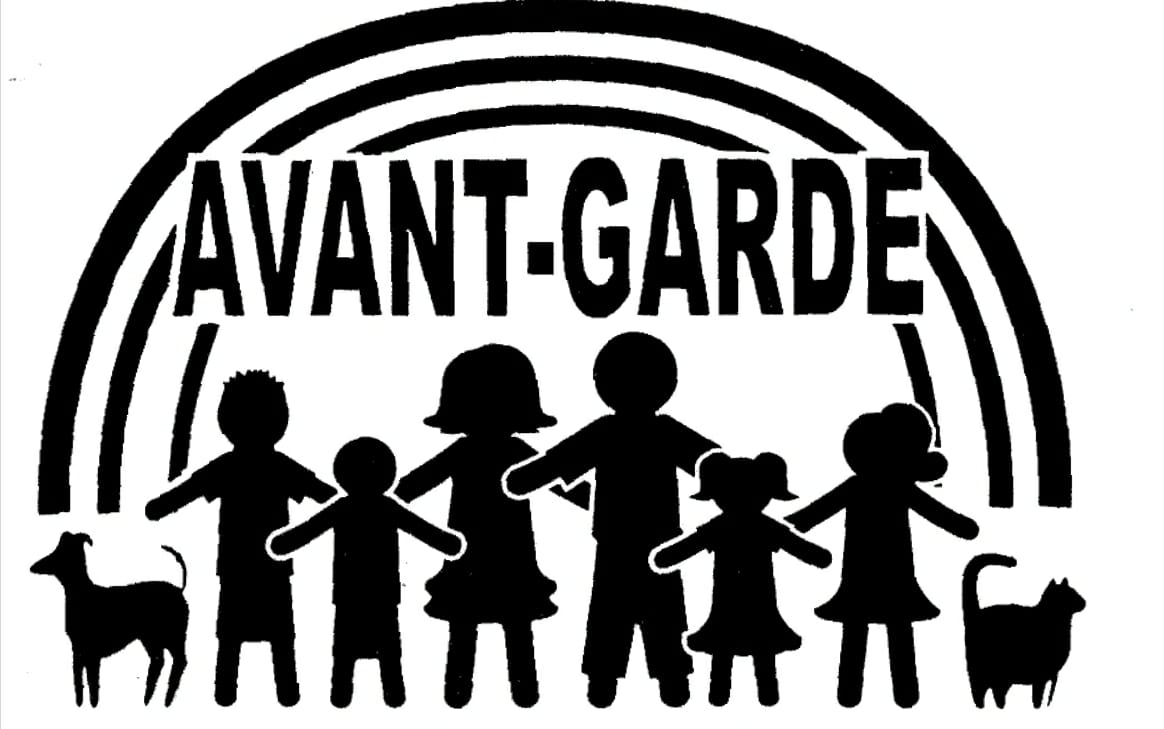
Dear grieving friend,
I know you’re hurting right now. You loved that little one well and poured so much of yourself into her.
And I know you’ve been rooting for this day. She’s finally returning to her birth family, something she’s been longing for. You’re happy for her.
You’ve got a good heart.
But now your heart is breaking. I can see it in your teary eyes. Sure, you’ve been putting on a happy face for her, and for your family. But inside you feel like your heart is being torn right out of your chest.
And the kids are hurting, too. You tell yourself you have to be strong for them. They need you to assure them everything is okay.
Your friends don’t understand this grieving. Not really. They will sometimes say unhelpful words that cause you to withdraw further into your sorrow. Then again, one common reason people give for not fostering is that they’re afraid of becoming too attached. So they do know, they just can’t relate.
You didn’t let the fear of attachment keep you from doing what you knew in your heart you were called to do. I applaud you for that. The children thank you for it.
I wish I could make the pain go away. I really do. I’ve found some advice I wanted to share with you. I hope it helps.
- No two people experience grief in the same way. There’s no “wrong way” to grieve. The important thing is to be gentle with yourself.
- Grief shows up in many forms. Watch for the signs, so you don’t think you’re going crazy.
- Sleep issues
- Irritability or anger
- Trouble concentrating
- Loss of appetite
- Moodiness
- Weepiness
- Lethargy
- …and many more
- Grief may sneak up on you when you aren’t looking.
- It’s okay to get help. Don’t be ashamed to get counseling.
My dear one, the reason you grieve is that you care so much. Here are some things you can do to take care of yourself and your family while you heal.
•Allow yourself time to grieve. This is not something you “get over.”
•Be aware of your feelings and recognize where they come from. Not just in you, but in the rest of the family, too. (See the above list of grief symptoms.)
•Remember the good times and all you accomplished in her life. You mattered.
•Do what you can to make sure you’ll have contact with her once she’s gone home. Sometimes this part is out of your control, and that makes it even harder. But you’ll have tried.
•Make space for the mourning process in your home. Gather your loved ones and spend some extra time together. Now may be a good time to take a little vacation or at least some cuddle sessions.
•Make a photo album or scrapbook to remember each other by. Make two – one for her and one for you. (More on creating a Lifebook here)
•Plant a tree or garden. While you watch it grow, you’ll know she’s growing up, too. Something possible because you stepped in when she needed you most.
•Take care of YOU! Talk about it, journal, write poetry or music. Get some exercise and fresh air. Pray. Get lots of hugs. Cry unashamedly.
It’s ok if you want to take a little break from fostering. But from what I’ve read, it seems to help some foster parents to jump right back in and direct all that love to the next child in need. It’s entirely up to you.
Grief is personal and unique to every individual. Nobody can tell you how to grieve. Remember, it’s perfectly ok to get help if you need it.
When people ask foster care expert Dr. John DeGarmo about the pain of seeing a child leave, here’s what he has to say.
“My response used to be ‘I understand.’ Of late, though, I have a new and ready response: ‘That’s a good thing. It is supposed to hurt. Your heart is supposed to break!’”
“After the passage of time, the grief from the loss of the foster child decreases, allowing the foster parent to accept the removal of the child and move on. The emotional wellbeing of the foster parent improves, and a sense of understanding of the child’s removal becomes clearer.
To be sure, it is hard being a foster parent. The grief when a child leaves can, at times, be overwhelming and consuming. It is like losing a child, a member of your family. Yet I don’t want you to give up when a child leaves because your heart is heavy. There are other children out there, right now, who need a home and need a family. There is a child out there right now who needs you to love him.”
So you see, my dear, your grief is to be expected. It’s a result of your success. Ironic, isn’t it?
Much Love,
Your Greatest Admirer
P.S. Check out this useful resource for more information about grieving.

How social workers can help
•Communication: Social workers should set expectations from the start, including the first foster parent training and with each placement.
•Healthy relationships: Agency social workers should be a friend and advocate for not only the child but for the foster parent as well. Even after a child is moved, the social worker can be involved in the foster home by keeping open lines of communication.
•Grief counseling: Resources are available for grief counseling and/or group therapy.
If this “Letter to a friend” touched your heart, you can find out more by calling your local foster family agency for more information.
Article written by Cindy White Horvath. She can be reached at cindy@avgffa.org



One thought on “Grieving a Foster Child’s Departure”
Comments are closed.